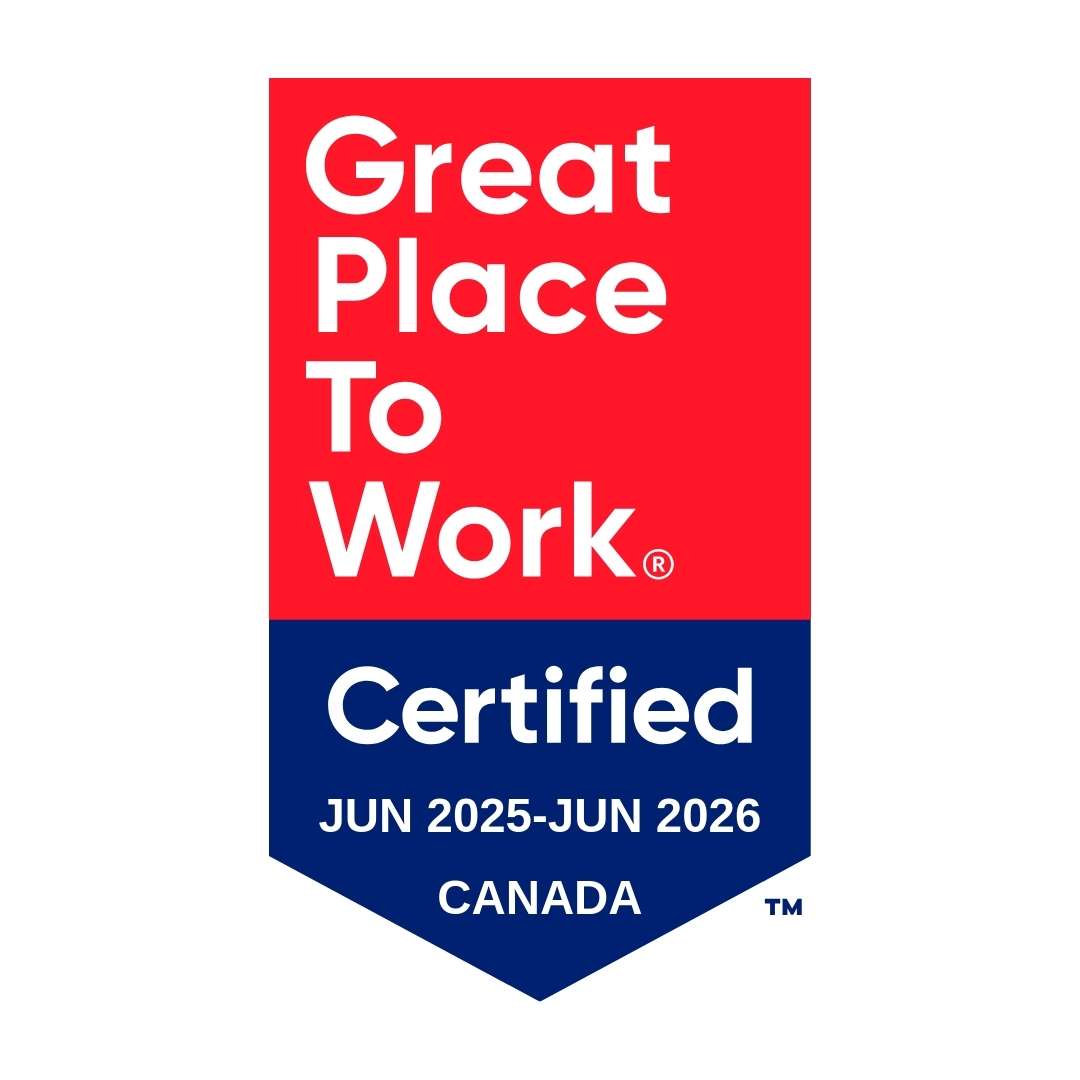
What is a waste audit, and why is it important?
A waste audit is a comprehensive assessment of the waste generated at your facility.
The benefits include:
- Potential cost savings by reducing unnecessary waste and recycling fees and optimizing your pickup schedules.
- Operational efficiencies through right-sizing bins and Increased employee awareness and engagement through targeted education on proper waste sorting.
- Improved compliance with local regulations and waste diversion targets.
- Enhanced sustainability performance by identifying ways to divert waste from landfill through reuse, recycling, or donation.
- Increased diversion and cost savings by adding new material recycling streams.
- Data-driven insights to track progress and set measurable waste reduction goals.
- Support for achieving certifications such as BOMA BEST, LEED, GRESB, and other environmental standards.
How can a waste audit support sustainability goals and certifications?
Waste audits provide essential data to support sustainability initiatives and certifications such as BOMA BEST, GRESB or LEED. By establishing a clear baseline of your waste streams and identifying areas for improvement, audits enable you to track progress toward environmental targets and regulatory compliance.
Are waste audits legally required?
In some jurisdictions, yes. Many Canadian municipalities and provinces have regulations that require specific sectors to conduct regular waste audits, including multi-residential buildings, commercial office towers, educational institutions, manufacturing facilities, and large retail operations.
Examples:
- Ontario: Many facilities are subject to the 3Rs Regulations (Ontario Reg. 102/94), which require annual waste audits and waste reduction work plans. And the City of Toronto Waste Diversion & Separation Bylaws - Toronto requires the separation of organics, recyclables, and garbage for all commercial and multi-residential properties. Improper disposal or contamination can lead to fines and penalties.
- Calgary: Bylaw 20M2001 - This bylaw bans food and yard waste from landfills. If your business sends organics to landfill, you’re at risk of penalties. And Bylaw 4M2020 - Requires all businesses and multi-family buildings to separate recyclable and compostable materials, and maintain clear, up-to-date records of how waste is managed.
- Other Municipalities: Local bylaws may require waste separation programs and periodic reporting.
Even if not legally required, waste audits are increasingly viewed as best practice for environmental compliance, corporate responsibility, and cost control.
What are the costs associated with a waste audit?
The standard fee for a waste audit varies depending on specific factors such as facility size and number of locations, how many waste streams are to be analyzed, your geographic location, and any specialized handling requirements. After an initial consultation to gather necessary information, we will provide you with a precise quote.
What return on investment can be expected?
A waste audit often results in meaningful cost savings by identifying inefficiencies such as excessive waste pickups, contamination fees, and opportunities to substitute materials with reusable or recyclable alternatives. There may even be opportunities for cost savings if your current provider is overserving your sites.
Clients often see savings within the first few months of implementing recommendations. Over time, the data also helps secure sustainability grants or green building incentives.
What is the expected time commitment and operational impact?
The audit process is designed to minimize disruption. Following an initial meeting to establish priorities and logistics, our team will conduct the audit on site in an efficient and organized manner. We kindly request access to a designated space (either indoors or outdoors) where our auditors can work without interfering with your day-to-day operations. Your regular activities can continue uninterrupted.
How can I prepare for a waste audit?
To ensure a smooth process, there are a few steps you can take to prepare for the waste audit at your facility. Reserve a safe, accessible workspace for our audit team and provide site maps, service schedules, and vendor contact information if available. You must also ensure all waste streams are accessible during the audit period so your audit can be conducted successfully. It is also important to inform your staff or tenants about the audit, so they know what to expect.
What about safety and hygiene?
Our audit team follows strict health and safety protocols, including:
- Personal protective equipment (PPE) for all team members
- Compliance with workplace safety requirements (including WHMIS)
- Segregation of hazardous or medical waste streams
- Sanitization of work areas after completion
Our team is trained to identify and handle potentially dangerous materials without risk to your facility or staff. Prior knowledge of these hazardous materials will be important to note.
How is my data handled?
Confidentiality is critical. All audit data, photos, and findings are treated as proprietary and shared only with authorized contacts. Sensitive materials (such as shredded documents or branded packaging) are handled securely and never disclosed publicly.
What types of waste streams do you assess?
Our audits can include:
- General waste (landfill)
- Recycling streams (paper, cardboard, mixed containers, metals)
- Organics/compostables
- E-waste and electronics recycling
- Construction & demolition debris
- Textile and donation opportunities
- Others as required
Identified hazardous materials will be deemed off-limits and secured in a designated, lined container. Each item will be recorded by type, quantity, and estimated weight, without direct handling. These materials will be flagged in the final audit report, with recommendations for disposal through certified hazardous waste programs or authorized facilities.
What deliverables will be provided following the audit?
You will receive a comprehensive report summarizing the findings of your waste audit and recommendations for improvement. This includes a detailed breakdown of the materials found in your waste streams, along with accurate weights and data presented in clear charts and visuals. The report is tailored to your facility and provides:
- Material substitution and diversion strategies
- Strategies to enhance waste reduction and support sustainability goals
- A data summary of materials audited, including weights, categories, and contamination levels
- Visual charts and graphs to help interpret your facility’s waste performance
Opportunities for staff education and training focused on:
- Proper waste disposal practices
- Waste reduction techniques
- Contamination prevention strategies
Can you help implement the recommendations?
Yes. While the audit itself is a one-time assessment, we offer post-audit support through our Green Leaf Program. You’ll have access to:
- Staff training sessions
- Waste bin signage and labeling
- Service level adjustments with haulers
- Annual re-audits to track progress
- Ongoing data tracking to measure improvements over time
- Recommendations on future best practices
Is a waste audit a one-time assessment or an ongoing process?
When you book a waste audit with Waste Logic, it is a one-time assessment. However, we recommend conducting waste audits on a recurring basis to effectively monitor improvements, optimize waste management processes, and ensure continuous alignment with your sustainability goals and regulatory requirements. Regular audits provide valuable data to track progress and make informed decisions over time.
Also, depending on your location, annual waste assessments are required by law.
Who conducts the waste audit and what is their expertise?
Our audits are performed by experienced professionals who specialize in waste management and have extensive knowledge of local and provincial regulations. With their expertise in waste diversion strategies in various industries, they conduct thorough assessments tailored to your facility’s unique needs, ensuring actionable insights and practical recommendations.
What geographic regions do you service?
We work with clients who have locations across Canada. Please note that travel fees may apply depending on your location. This information will be included in the initial quoting process.
Why should I book my waste audit with Waste Logic?
We go beyond simply conducting audits; we act as your dedicated waste and recycling partner. As a proudly Canadian-owned business, we have an in-depth understanding of local regulations, haulers, and the unique needs of businesses in your area. Our experienced team specializes in making waste compliance straightforward while delivering efficient, cost-effective solutions that work.
How do I schedule a waste audit?
Once we have an initial consultation to discuss your facility’s priorities and details, we can promptly coordinate with our audit team to schedule the onsite assessment at your convenience.
Reach out to our Sustainability team to get started today.





